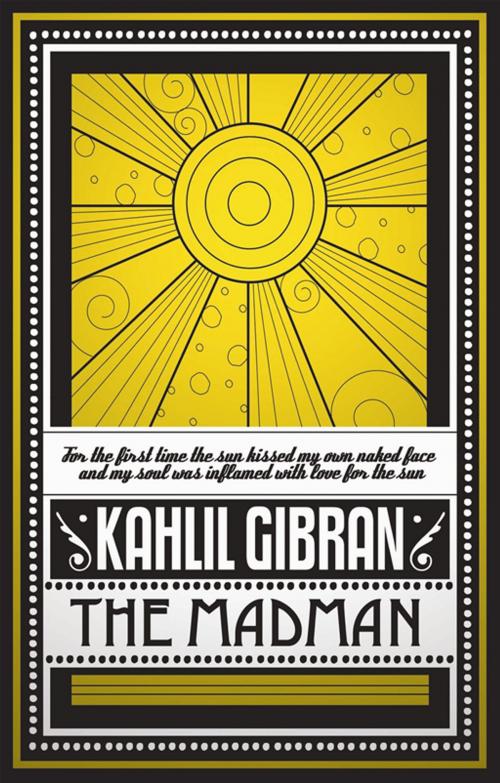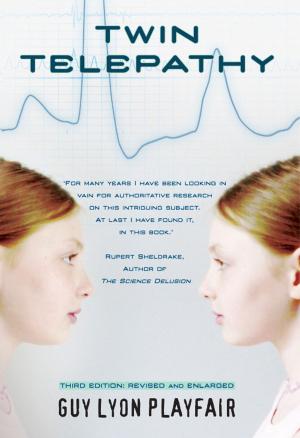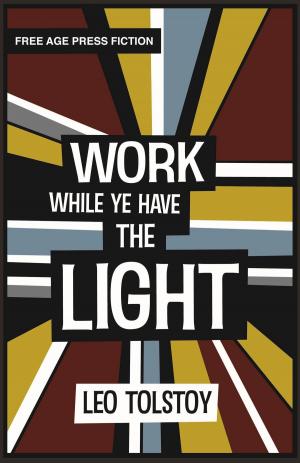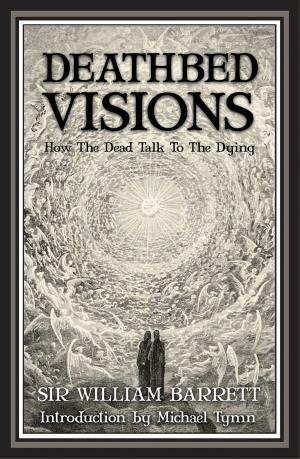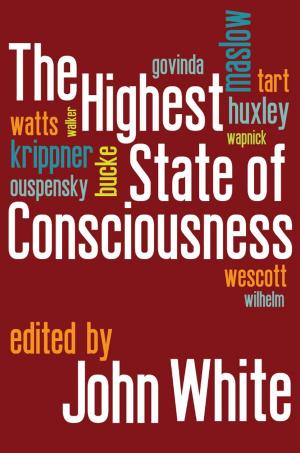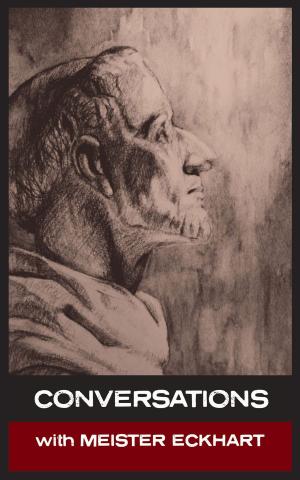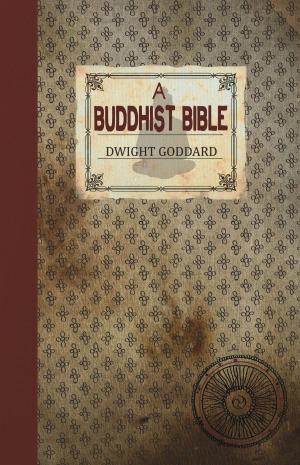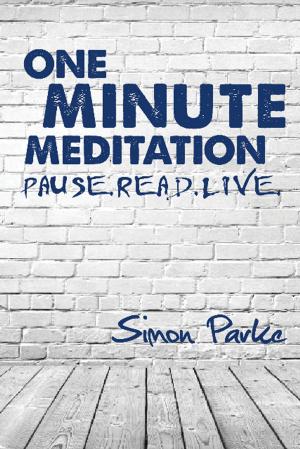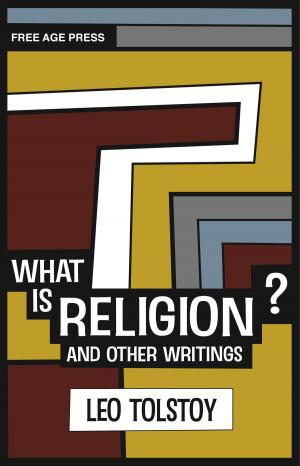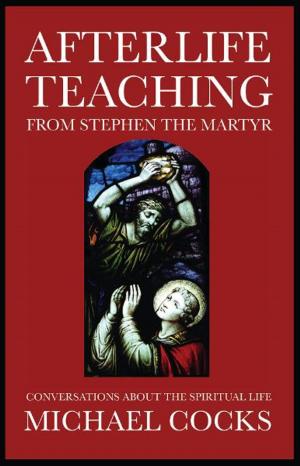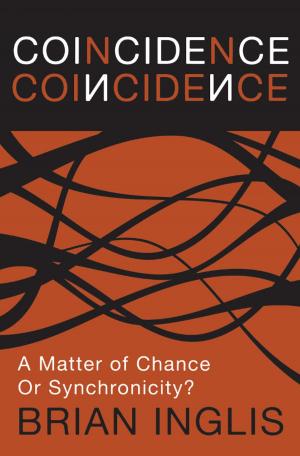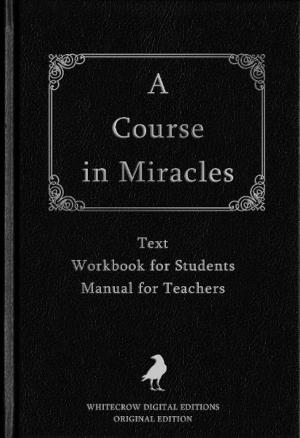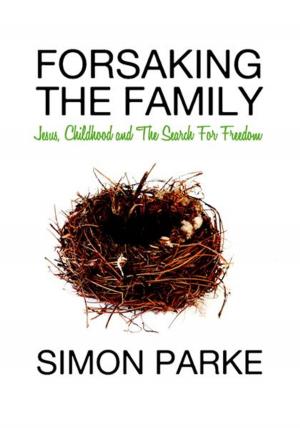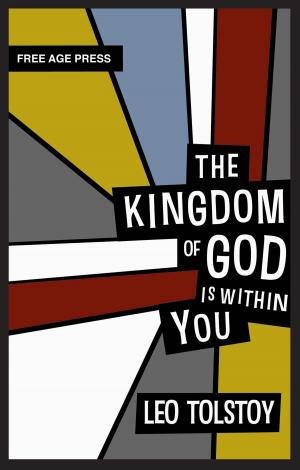The Madman
Fiction & Literature, Poetry, Inspirational & Religious, Nonfiction, Religion & Spirituality, New Age, Personal Transformation| Author: | Kahlil Gibran | ISBN: | 9781907355059 |
| Publisher: | White Crow Productions Ltd | Publication: | March 1, 2010 |
| Imprint: | White Crow Books | Language: | English |
| Author: | Kahlil Gibran |
| ISBN: | 9781907355059 |
| Publisher: | White Crow Productions Ltd |
| Publication: | March 1, 2010 |
| Imprint: | White Crow Books |
| Language: | English |
Kahlil Gibran, (1883-1931) best selling author and spiritual guide, was a man in search of himself and his place in the world; he wrote from longing and created beauty.Writer and painter, based in the USA, his life was his material. An immigrant from Lebanon, he wrote with one eye on his homeland; and with a restless questioning spirit. As one of his teachers records, 'he had an impetuous soul, a rebellious mind and an eye mocking everything it sees.'Kahlil was born into a Christian Maronite family in Bsharri, set in the mountainous regions of North Lebanon; and under control of the Ottoman empire. We hear of a solitary and thoughtful child, who delighted in his natural surroundings. Growing up in poverty, his only education was the visit of the priest, until troubled family circumstances led to upheaval and relocation in the USA - without his father. Here Gibran experienced loss. His sister, half-brother and mother died before he was twenty; as he wrote: 'Ever has it been, that love knows not its own depth until the hour of separation.' But here also he experienced patronage from a succession of mother-figures who were to help nurture his life as an artist and writer, introducing him to the Boston literary circles.Gibran would never fit in. He described himself as a 'fragment', and as one always wondering where he belonged in the world. 'The human heart cries out for hope,' he wrote. 'The human soul implores us for deliverance. But we do not heed their cries, for we neither hear nor understand. But the man who hears and understands we call mad, and flee from him.' The madman was a figure who haunted Gibran throughout his life; naked, vulnerable and without a mask for protection against the destructive powers around him. 'Doubt is a pain too lonely to know that faith is his twin brother,' he wrote - perhaps as much to reassure himself as others.Kahlil Gibran wished to write small books that could be read in one sitting and carried in the pocket. Between 1918 -1926, he wrote four such books, and these were his first in English: The Madman (1918); the Forerunner (1920); Sand and Foam (1926) and The Prophet (1923). The first three are collections of parables and aphorisms, which in true Eastern style, draw on a world of kings, hermits, saints, slaves, deserts, animals that talk and wind that laughs. The Prophet, which was to become enduringly popular, is different; a prose piece which is longer and partly auto-biographical. In the story, a young man prepares to leave for his homeland; but first he must say goodbye to those he has lived amongst for the previous twelve years. The book is his farewell speech, touching on love, friendship, children, joy, sorrow and much else besides. Summing up the message of the book, Gibran said this: 'The whole prophet is saying one thing: 'You are far far greater than you know - and all is well.'Only in his private letters do we get a glimpse of the man for whom all was not well. Fiercely individual, he found no enduring rest in any relationship; and ever dismissive of authority, he was a unifier in the face of exclusive religious claims. 'I love you when you bow in your mosque; kneel in your temple; pray in your church. For you and I are sons of one religion, and it is the spirit.'Often in physical pain from a childhood accident; and suffering from anxiety, Gibran became dependent on alcohol and was then destroyed by it, dying at the age of 48. Fittingly, for a man who lived in one country, but always looked back to another, there are memorials to him both in Boston, Washington D.C and in Bsharri, where he was finally buried. and to whose people he gave the proceeds of his books - so that in future, other Syrians would not have to emigrate due to poverty, as once he had been forced to do.'Half of what I say is meaningless,' he wrote. 'But I say it so that the other half may reach you.' Through Gibran's writing, much has reached many.
Kahlil Gibran, (1883-1931) best selling author and spiritual guide, was a man in search of himself and his place in the world; he wrote from longing and created beauty.Writer and painter, based in the USA, his life was his material. An immigrant from Lebanon, he wrote with one eye on his homeland; and with a restless questioning spirit. As one of his teachers records, 'he had an impetuous soul, a rebellious mind and an eye mocking everything it sees.'Kahlil was born into a Christian Maronite family in Bsharri, set in the mountainous regions of North Lebanon; and under control of the Ottoman empire. We hear of a solitary and thoughtful child, who delighted in his natural surroundings. Growing up in poverty, his only education was the visit of the priest, until troubled family circumstances led to upheaval and relocation in the USA - without his father. Here Gibran experienced loss. His sister, half-brother and mother died before he was twenty; as he wrote: 'Ever has it been, that love knows not its own depth until the hour of separation.' But here also he experienced patronage from a succession of mother-figures who were to help nurture his life as an artist and writer, introducing him to the Boston literary circles.Gibran would never fit in. He described himself as a 'fragment', and as one always wondering where he belonged in the world. 'The human heart cries out for hope,' he wrote. 'The human soul implores us for deliverance. But we do not heed their cries, for we neither hear nor understand. But the man who hears and understands we call mad, and flee from him.' The madman was a figure who haunted Gibran throughout his life; naked, vulnerable and without a mask for protection against the destructive powers around him. 'Doubt is a pain too lonely to know that faith is his twin brother,' he wrote - perhaps as much to reassure himself as others.Kahlil Gibran wished to write small books that could be read in one sitting and carried in the pocket. Between 1918 -1926, he wrote four such books, and these were his first in English: The Madman (1918); the Forerunner (1920); Sand and Foam (1926) and The Prophet (1923). The first three are collections of parables and aphorisms, which in true Eastern style, draw on a world of kings, hermits, saints, slaves, deserts, animals that talk and wind that laughs. The Prophet, which was to become enduringly popular, is different; a prose piece which is longer and partly auto-biographical. In the story, a young man prepares to leave for his homeland; but first he must say goodbye to those he has lived amongst for the previous twelve years. The book is his farewell speech, touching on love, friendship, children, joy, sorrow and much else besides. Summing up the message of the book, Gibran said this: 'The whole prophet is saying one thing: 'You are far far greater than you know - and all is well.'Only in his private letters do we get a glimpse of the man for whom all was not well. Fiercely individual, he found no enduring rest in any relationship; and ever dismissive of authority, he was a unifier in the face of exclusive religious claims. 'I love you when you bow in your mosque; kneel in your temple; pray in your church. For you and I are sons of one religion, and it is the spirit.'Often in physical pain from a childhood accident; and suffering from anxiety, Gibran became dependent on alcohol and was then destroyed by it, dying at the age of 48. Fittingly, for a man who lived in one country, but always looked back to another, there are memorials to him both in Boston, Washington D.C and in Bsharri, where he was finally buried. and to whose people he gave the proceeds of his books - so that in future, other Syrians would not have to emigrate due to poverty, as once he had been forced to do.'Half of what I say is meaningless,' he wrote. 'But I say it so that the other half may reach you.' Through Gibran's writing, much has reached many.
